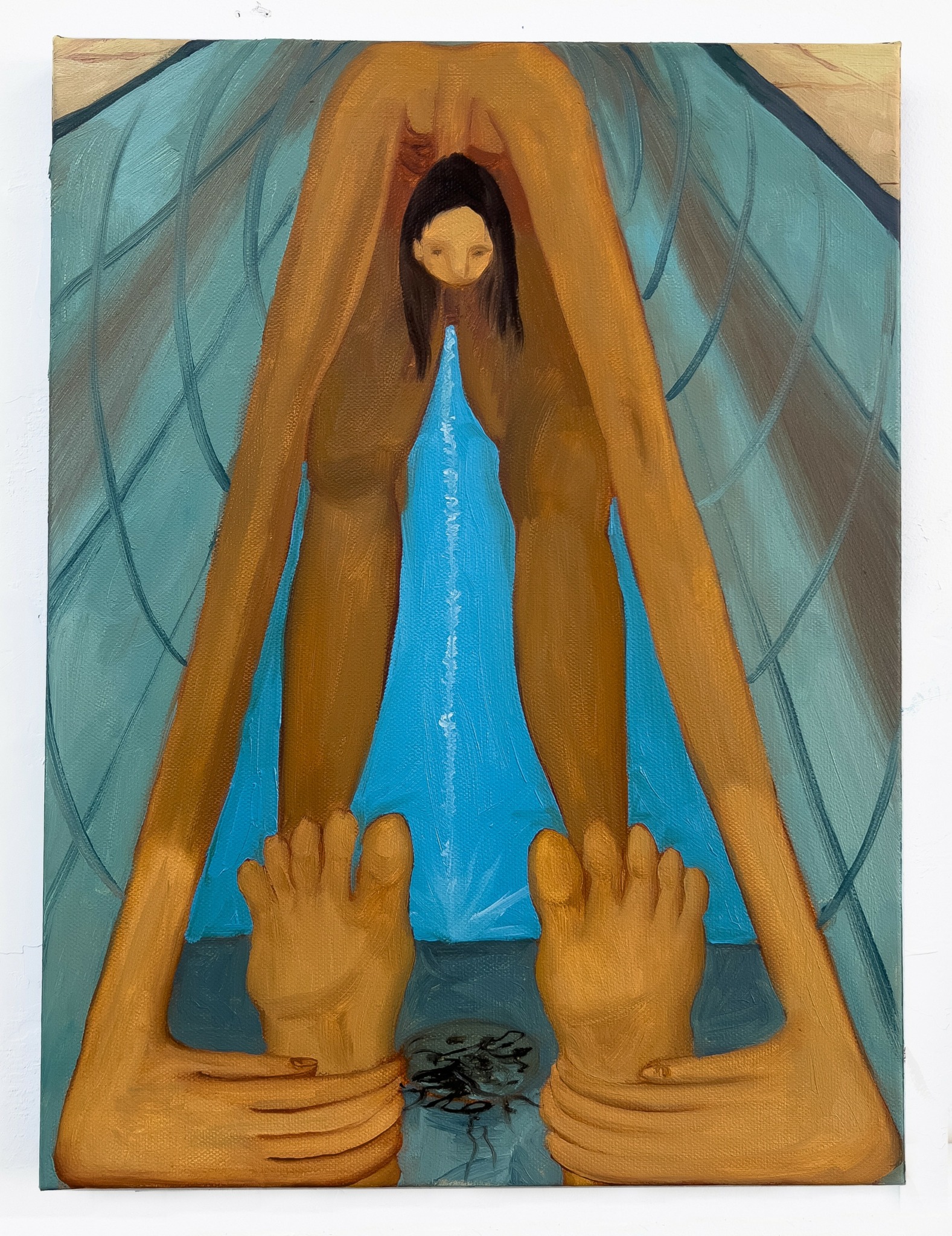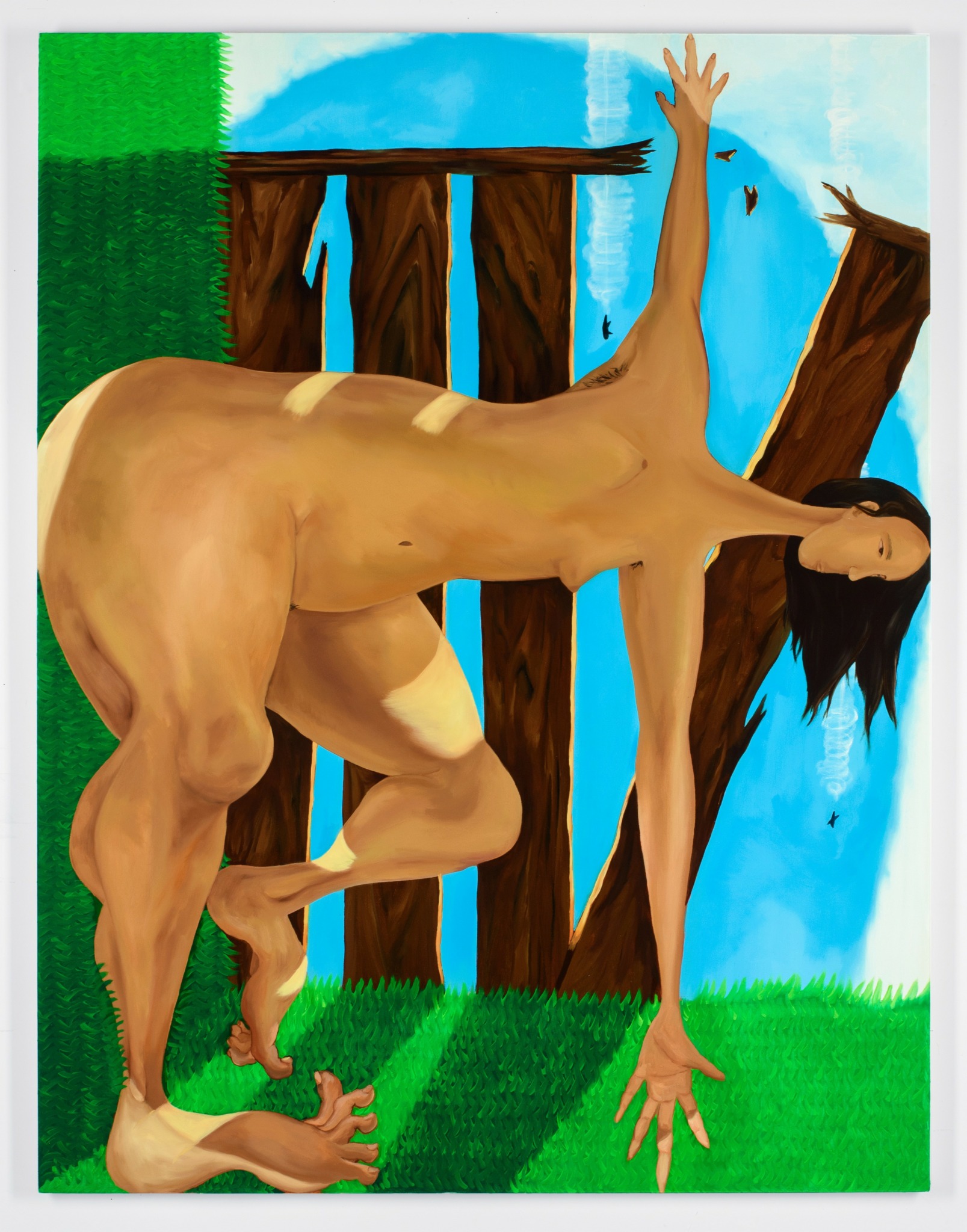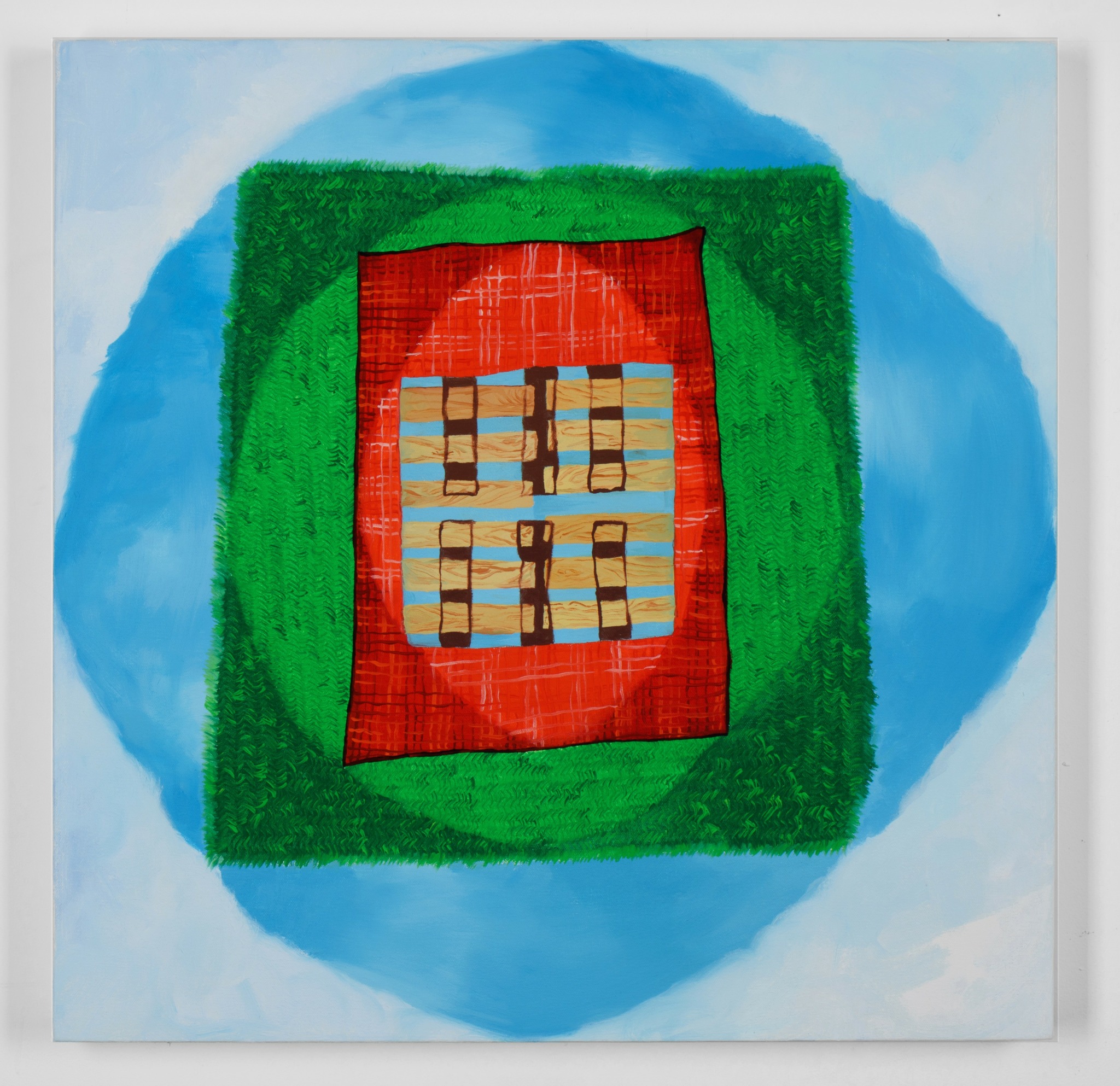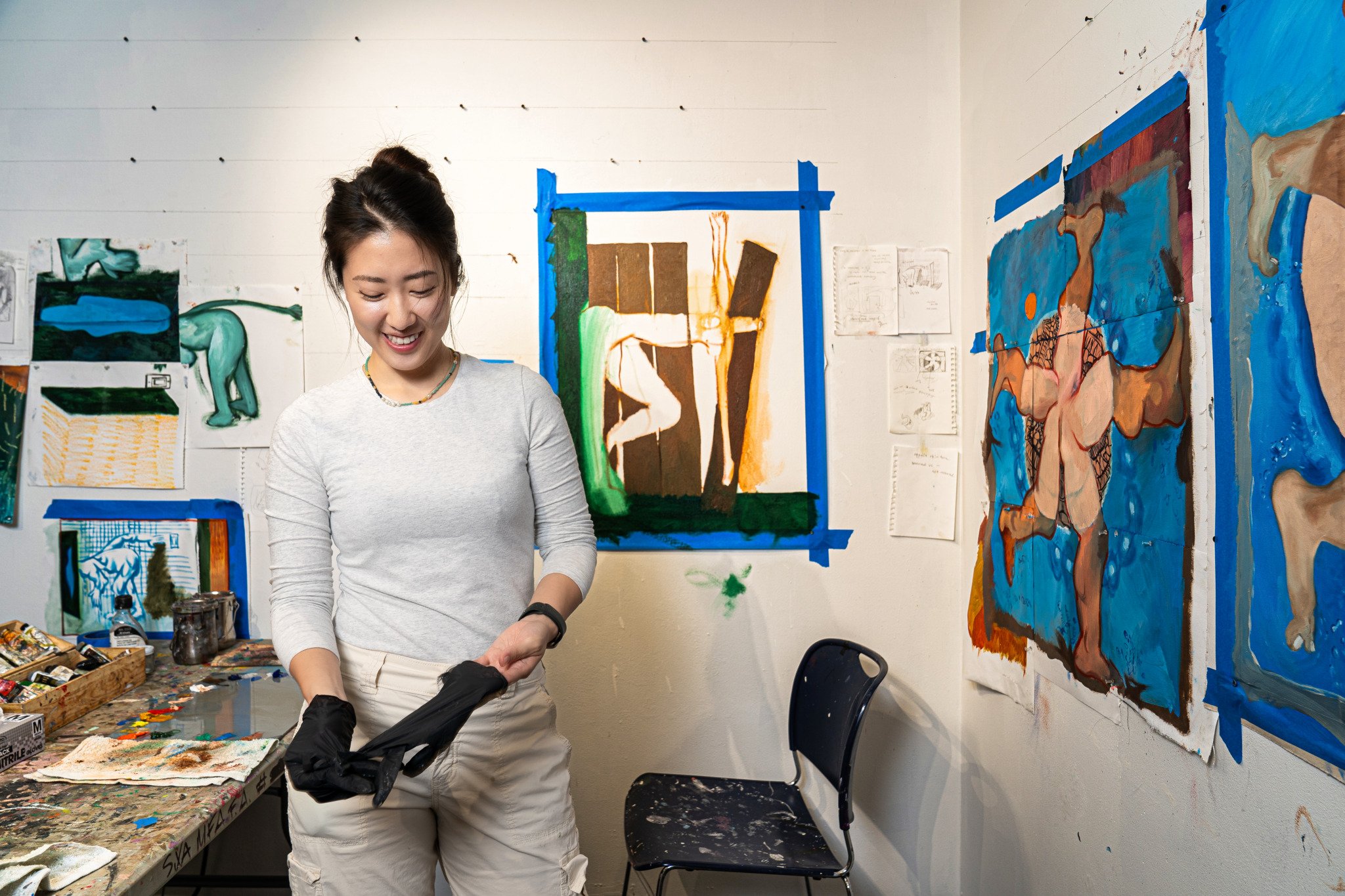Alright – so today we’ve got the honor of introducing you to Jusun Jessie Seo. We think you’ll enjoy our conversation, we’ve shared it below.
Alright, Jusun Jessie thanks for taking the time to share your stories and insights with us today. Are you happier as a creative? Do you sometimes think about what it would be like to just have a regular job? Can you talk to us about how you think through these emotions?
I sometimes wonder how different my life might look if I had taken a different path. The last time this came up was over coffee with friends, fellow artists I work with. Between breaks, we throw out these “what if” questions, and one of them was “what if we weren’t artists”? In that parallel universe, I imagine myself as a neurosurgeon (though I admit I probably wouldn’t make it past the first anatomy exam), a writer, or maybe even a campsite manager. But no matter how far I follow that thread of imagination, I would always end up back on the artist’s path. It feels inevitable, like part of me as an artist would find its way into whatever I was doing. That’s the charm of being an artist to me. I get to navigate how life and practice intertwine. Even when I imagine being someone else, I can’t let go of being an artist.

Great, appreciate you sharing that with us. Before we ask you to share more of your insights, can you take a moment to introduce yourself and how you got to where you are today to our readers.
I am a visual artist. My art practice critically examines power dynamics and Western norms through the lens of my ‘given identity’ as an Asian American woman. Working primarily between paintings and collaborative projects, I explore themes of displacement, belonging, and evolving societal values.
My work challenges the perception of freedom by embracing non-linear storytelling and interdisciplinary approaches to interrogate the process of objectification and its impact on individuals and society. Building upon past series like Pulse (2019), which critiques the objectification of the female body, and my involvement in co-founding the WEDAPEPO collective (2020), I continue to explore the decolonization of constructed ideas in our contemporary world. In an ongoing series such as Objects (2023), I depict images of items categorized as
traditional Korean objects from online mega markets like eBay and Amazon, highlighting the commodification of culture through a tourist’s lens. My latest series, Vitruvian Woman (2024), challenges viewers to reconsider pictorial space by juxtaposing my body as a unit of measurement within the canvas. Through these oil paintings, I question the concept of freedom in relation to the social and physical boundaries that my body occupies in space.
Reflecting on my experiences of im/migration, I investigate how I have internalized and grappled with societal norms over time. In today’s digital age, the powers behind these norms extend their reach through the internet, shaping perceptions and interactions with the world. I am particularly concerned with the visual influences of online platforms, where a mere click can perpetuate colonial narratives through accessible distribution on online markets and reinforce dominant ideologies of media capitalism. Through my practice, I make these underlying dynamics visible, inviting viewers to engage with the layers of meaning that lie beneath the surface.
What’s a lesson you had to unlearn and what’s the backstory?
I grew up a very competitive kid. From around age seven to fourteen, grades and awards felt like the center of my world. After moving to the United States, I took endless tests such as the SAT, TOEFL, and many others. My goal was always to prove that I belonged in a certain learning community. Looking back, I don’t think that drive was entirely bad, but it planted in me the idea that success had to be measured, won, or validated. What I’ve had to unlearn, and continue unlearning, is this obsession with “winning.” It still challenges me every day, especially in my art practice. In the past five years, I was not always making. I believed that being in process was the real priority. Now, as much as I value making, I try to give equal weight to reflection and to learning from the process itself, whether or not it results in an object. Sometimes I create many works, and other times I pause to focus on ideas that cannot be held in my hands at all. Either way, I try to choose without attaching value to winning or losing. It is freeing, but not always easy. I am still learning to let my practice be a conversation rather than a competition.

How can we best help foster a strong, supportive environment for artists and creatives?
I have lots of hopes.
I hope there is a more active nudge for collective engagement in art, especially in institutions.
I hope there is more financial support for art schools.
I hope to see fewer people in museums experiencing art only through their phone cameras.
And yes, I even hope everyone watches the latest season of South Park.
And the list goes on and on.
The list could go on forever, but above all, I hope there is more genuine attention paid to artists and their practices.
Contact Info:
- Website: https://www.jusunseo.com
- Instagram: zexuii.jeez

Image Credits
profile photo credit: Van Hongbin Kim


